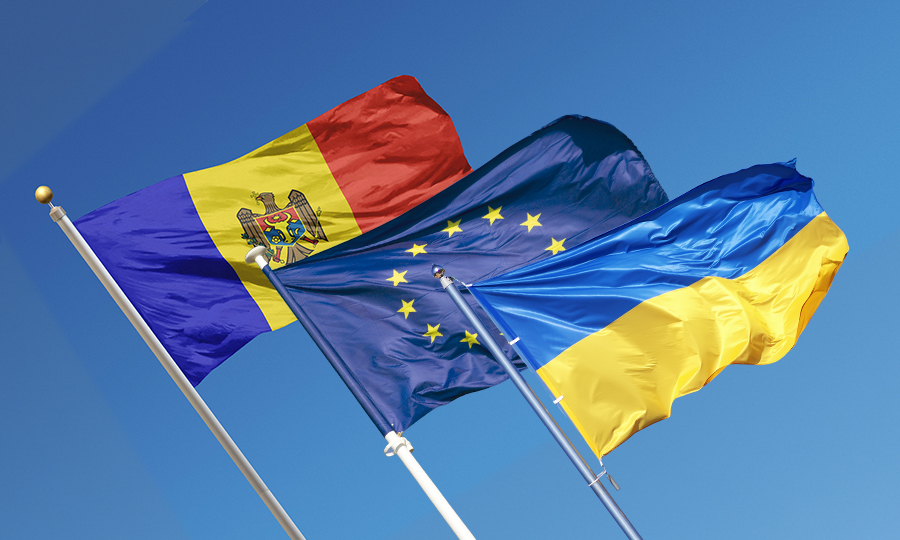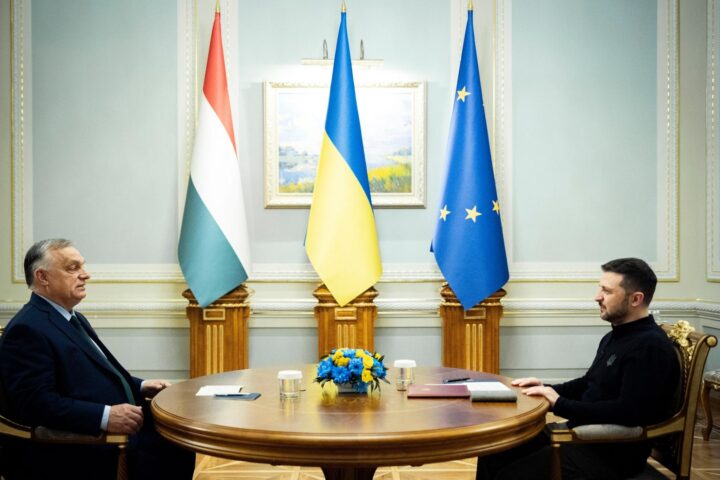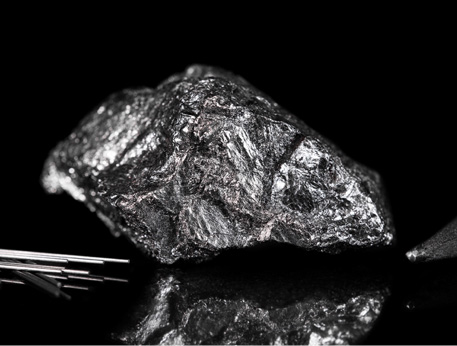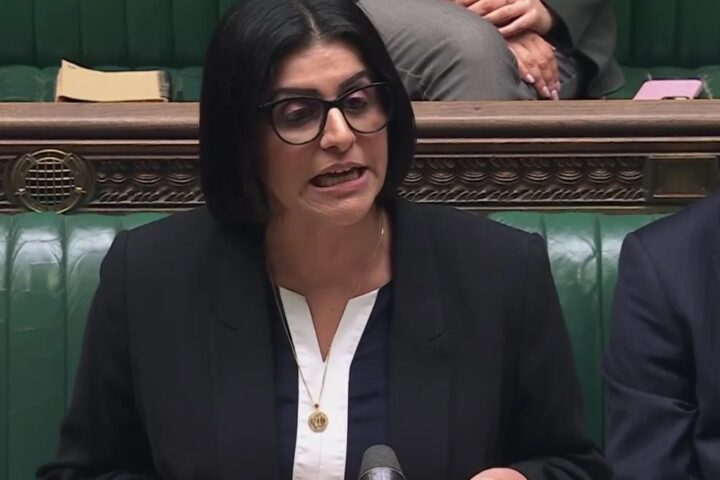The European Commission does not support separating Ukraine and Moldova in their EU accession talks, stating that any such decision lies solely with the EU member states. The clarification came after speculation that Brussels might accelerate Moldova’s accession process by decoupling it from Ukraine, whose path has been stalled by Hungary’s continued vetoes.
On 1 July, Commission spokesperson Guillaume Mercier addressed the issue directly, noting: “The question of whether Ukraine and Moldova should negotiate separately is a matter for the member states. The Commission does not insist on such a separation.”
Ukraine’s path stalled by Hungary, Brussels weighs alternative models
The discussion follows reports from EU institutions in Brussels exploring the option of parallel accession tracks for Ukraine and Moldova. One model under consideration would allow Kyiv to continue technical and legal alignment with the EU despite Hungary’s political block, effectively bypassing Budapest’s veto on formal negotiations.
While such a workaround is politically sensitive, Ukrainian officials stress that any attempt to fast-track Moldova while sidelining Ukraine would be not only illogical but morally questionable. “It is the resilience of Ukraine’s Defence Forces that has prevented Russian forces from threatening Moldova directly,” one Ukrainian official noted.
Enlargement decisions rest with member states
The European enlargement process is governed by EU treaties and political agreements, where member states hold ultimate authority on progression and enlargement outcomes. As such, the Commission can facilitate and advise but not impose strategic decisions like decoupling accession bids.
Officials in Kyiv emphasise that Ukraine is fully implementing its EU integration commitments and that its future in the EU should not hinge on Hungary’s obstructive stance.
“Processes of EU enlargement are built on shared values, rules, and procedures,” Ukraine’s European integration working group stated. “Decisions must reflect collective agreements, not political manoeuvring.”
Shared path still viable if reform benchmarks met
Both Ukraine and Moldova are expected to meet the Copenhagen criteria, which assess a country’s institutional stability, rule of law, human rights, and capacity to adopt EU law. Compliance with these benchmarks remains the cornerstone for further accession talks — regardless of negotiation format.
Ukrainian officials continue to advocate for a merit-based, legally grounded accession process. “Our commitment to European reforms is unwavering. The pace of our integration must not be held hostage by a single country’s domestic politics.”
As debate continues within the European Council, the future of Ukraine and Moldova’s EU aspirations will depend on whether consensus can be reached without compromising the integrity of the enlargement process or the strategic unity of the Union.















